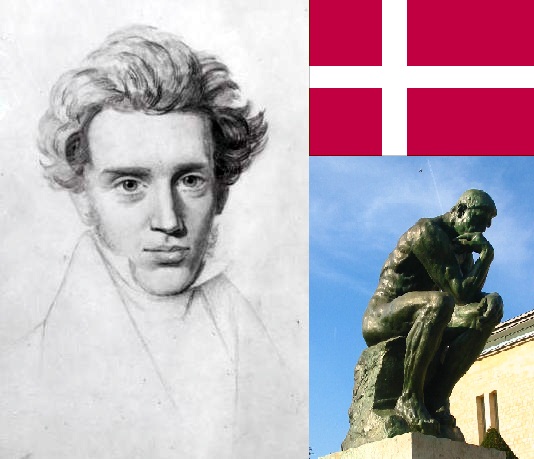
By the
beginning of the 19th century, it had become clear to many European thinkers
that modernity was in a state of crisis. The 'age of Enlightenment' had long
undermined confidence in traditional forms of community, authority and value.
But it was still far from clear what should be put in their place.
Philosophers, theologians and poets saw themselves as faced with nothing less
than a threat of cultural and existential collapse.
In this module, we will examine rival responses to this 19th century crisis of
culture via the writings of Søren Kierkegaard. We'll begin with his portrayal
of aesthetic life and consider the critical light this throws on Romantic
responses to the modern experience of alienation. Secondly, we'll examine
Kierkegaard's famous attack on Hegel and on Rationalistic accounts of what it
would mean for we moderns to feel at home in the world. We'll then turn to
Kierkegaard's own diagnosis of the crisis of modernity in terms of a loss of
subjectivity through the process of 'levelling'. Finally, we'll critically
examine his positive suggestions about what a non-alienated form of modern
subjectivity would look like, focusing on his conception of self-constancy.